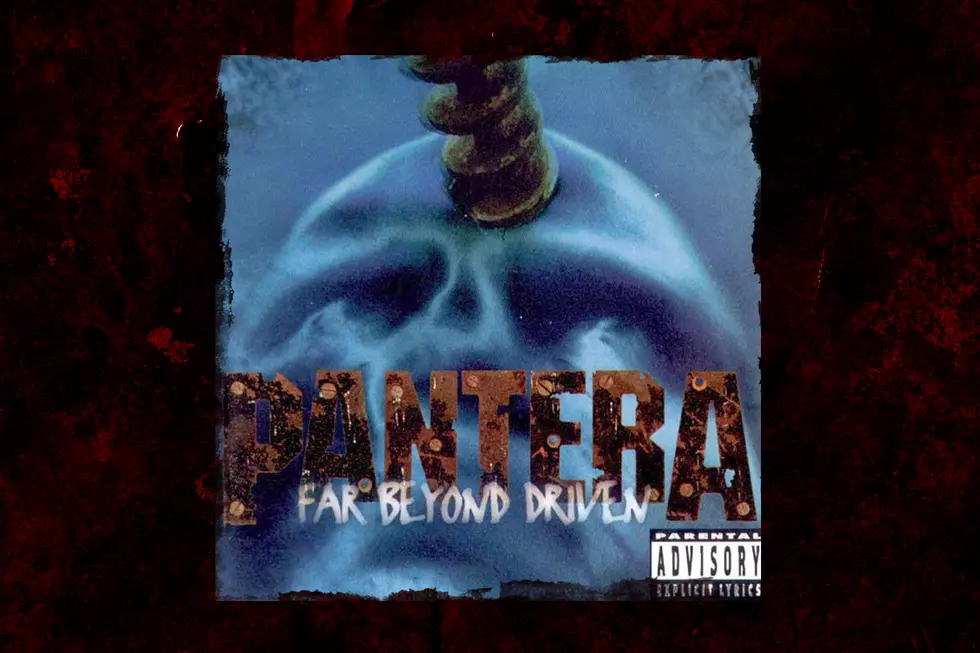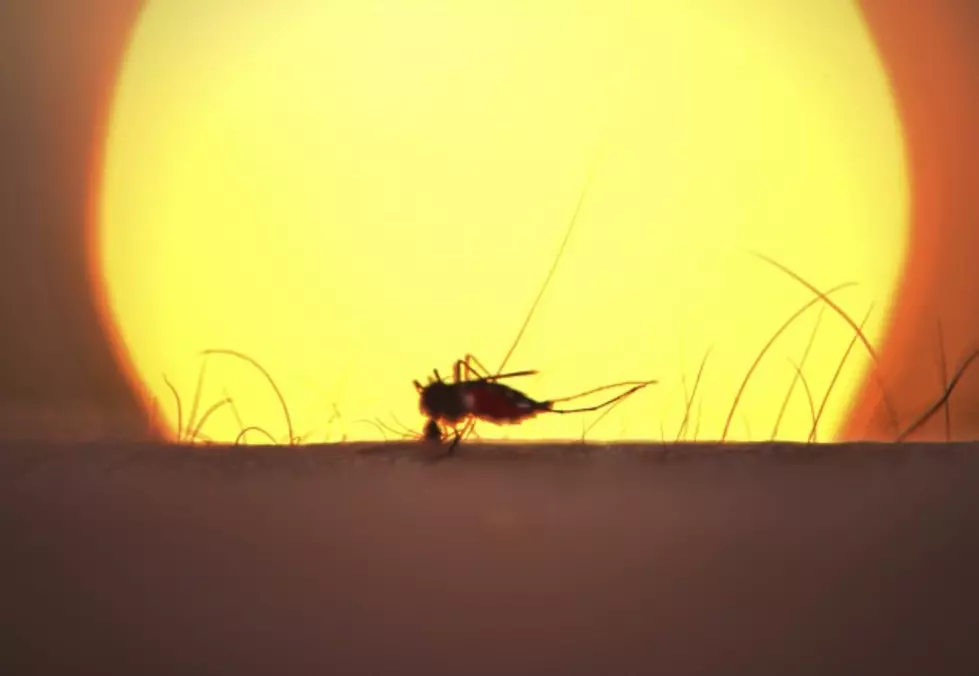
Uh-Oh — An Incurable Mosquito-Borne Virus Has Hit the U.S.
Unless you travel in the Caribbean or follow the Centers for Disease Control closely, you probably haven’t heard of the Chikungunya virus. But, because it has now been confirmed in at least six states, you may want to know a little more about it. The main thing to keep in mind is that the virus is spread mosquito-to-human, not from human-to-human.
Most of the cases in the U.S. are the result of travel to the Caribbean and other affected areas, although one case has been confirmed to be domestic. The latest instance of the virus occurred in Tennessee, afflicting just one resident. Other states with confirmed cases include Rhode Island, North Carolina, Nebraska, Indiana and Florida. The Sunshine State has confirmed 25 cases, the most of any state.
Symptoms of the virus usually begin about three to seven days after the initial infection. The illness is malaria-like, with symptoms that include fever, headache, chills, sensitivity to light, rash, vomiting and severe joint pain. The joint pain can last for years. Occasionally, there are other complications in the eyes, heart or neurological systems.
Fortunately, in only the rarest of cases will the virus lead to death. But unfortunately, there is no vaccine, so if tropical travel is in your future you can only take precautions against getting bitten by mosquitoes, which you should obviously, definitely do.
Experts say that while public-health authorities are keeping an eye on the situation, we don’t have to be paranoid (yet). According to Dr. William Schaffner, an infectious disease specialist at Vanderbilt University Medical Center in Nashville, because most cases are being brought in via exposure in other countries, “It will be more difficult for the virus to establish itself here.”
More From Classic Rock 105.1
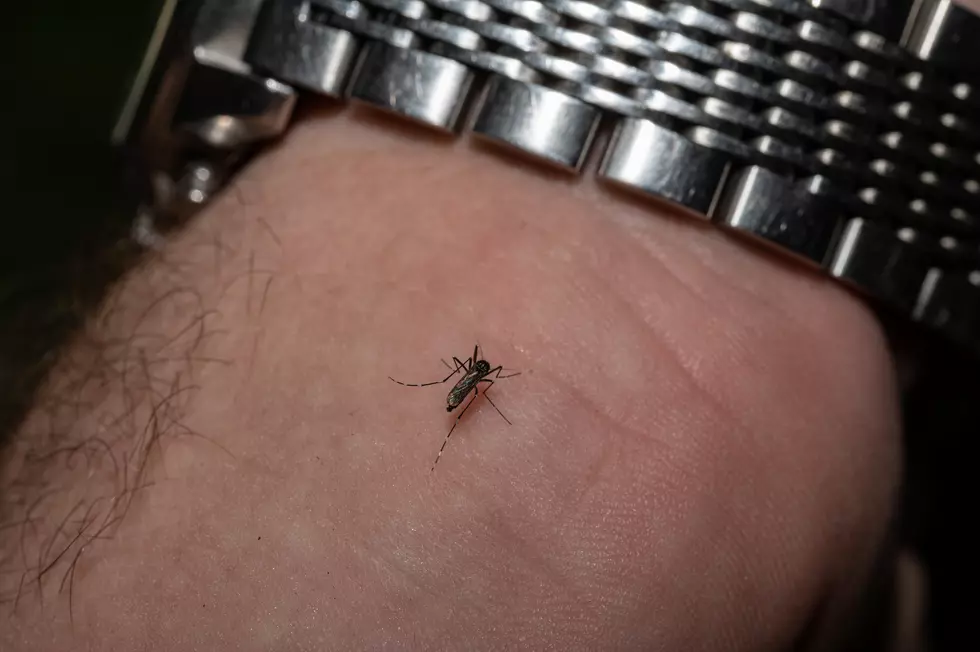
![Watch Millions of Mosquitos Form Terrifying Mosquito Tornado [Video]](http://townsquare.media/site/33/files/2021/07/attachment-Mosquito-Tornado-Russia.jpg?w=980&q=75)
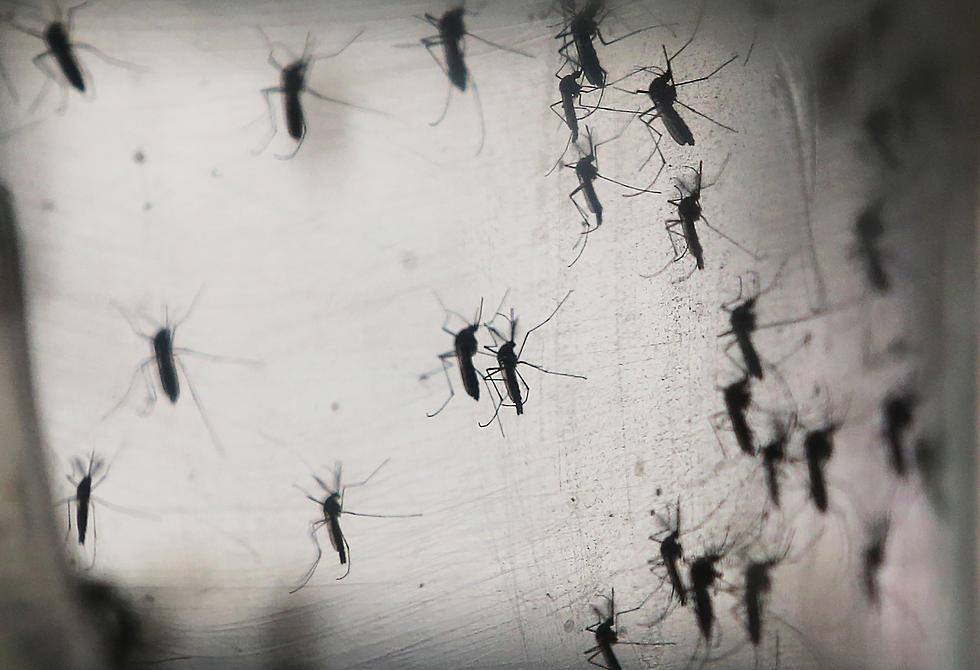
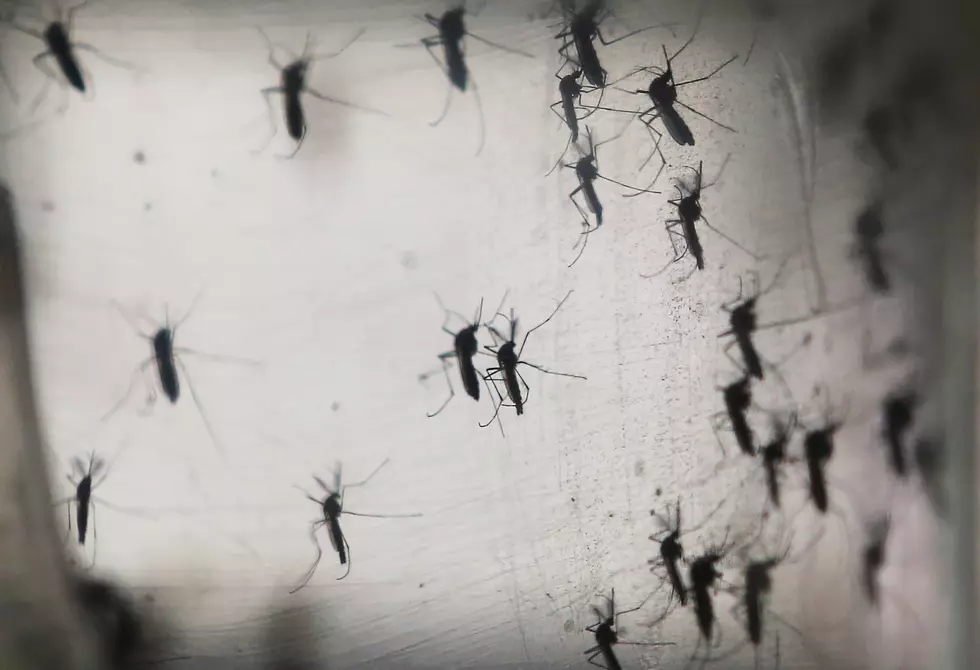

![Mosquitos Are Swarming In Texas [VIDEO]](http://townsquare.media/site/34/files/2017/09/Screen-Shot-2017-09-07-at-8.32.35-AM.png?w=980&q=75)


